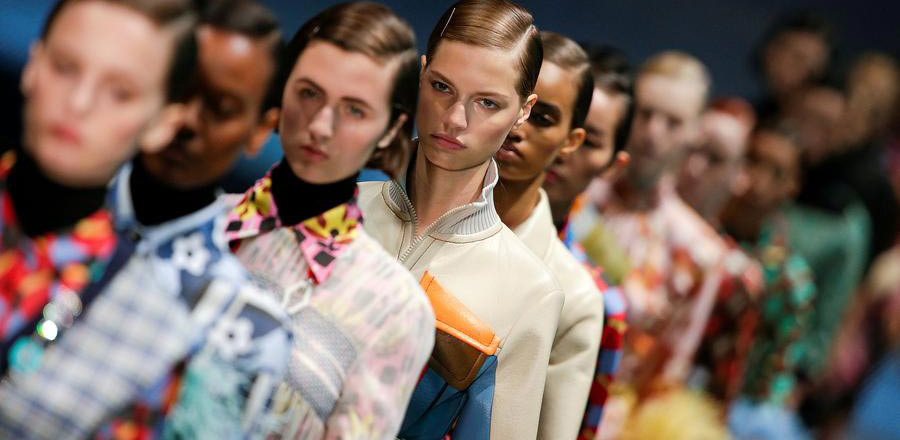
Thirty-three percent of Americans say Clinton, the Democratic nominee, would be a "great" or "good" president, compared to 25 percent who have the same opinion about her Republican rival, Trump, the poll found.
More Americans, however, think each candidate would make a "poor" or "terrible" president, rather than a "good" or "great" one, Gallup found.
While more than half of Americans remain pessimistic about a Trump presidency, 39 percent are pessimistic about a Clinton presidency.
The campaigning over the past four months has done almost nothing to improve Americans' confidence in the potential presidency of either major-party candidate.
Across major subgroups, Democrats, at 69 percent, are most likely to say Clinton would be a "great" or "good" president, followed by non-whites, at 50 percent.
Clinton does not come close to the 50 percent mark with any other group, with the closest being 38 percent among adults over the age of 55, Gallup found.
Indeed, Clinton has for a few years now been dogged by various scandals, including her handling of the 2012 attack on a U.S. consulate in Libya that killed four Americans, including a U.S. ambassador.
Later scandals included controversy over her use of a personal email address to conduct business while she was head of the U.S. State Department, instead of a secure, government-issued email address. Critics said she compromised U.S. national security.
Meanwhile, Trump's ratings from his own party are somewhat lower than Clinton's among her own party, as 59 percent of Republicans say he would be a "great" or "good" president, compared with 69 percent of Democrats who say the same for Clinton.
In no other group does the percentage saying Trump would be a "good" or "great" president reach a majority. Still, about one in three whites and adults over the age of 55 have a positive view of Trump as president, Gallup found.
Democrats overwhelmingly view a potential Trump presidency as "poor" or "terrible," at 84 percent, slightly higher than the percentage of Republicans who view a potential Clinton presidency as "poor" or "terrible."
More than six in every 10 non-whites, at 66 percent, and every 10 young adults aged 18 to 34, at 61 percent, share this sentiment for Trump. Smaller majorities of women, at 54 percent, and independents, at 51 percent, are just as negative about a potential Trump presidency, Gallup found.
Beyond the two candidates' respective political parties, no demographic group has high expectations for either of the two candidates.
This underscores the incredibly negative tone of the race and how difficult it will be for either candidate to overcome such dismal assessments from Americans with less than two months left before Election Day.
Enthusiasm for either Clinton or Trump in the White House remains fairly subdued overall, which raises the stakes for their performance in the debates and in the final weeks of the campaign, Gallup said.








